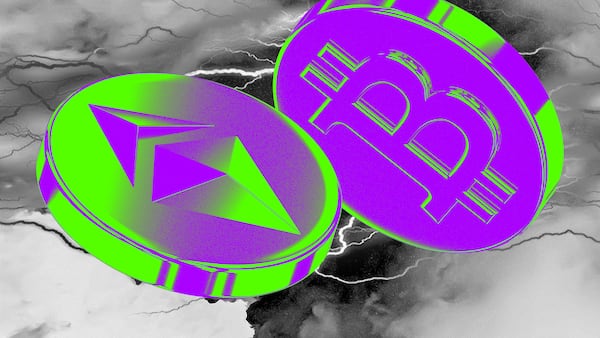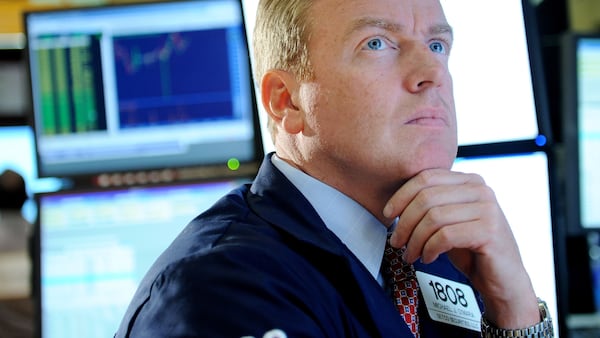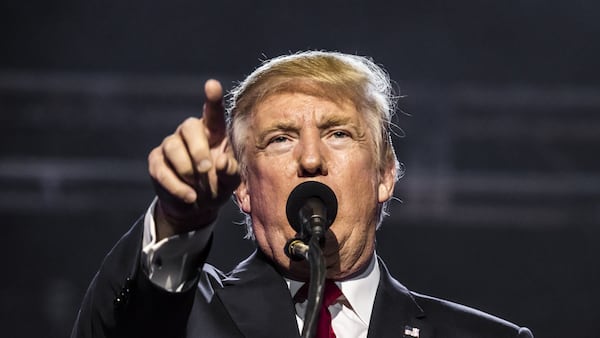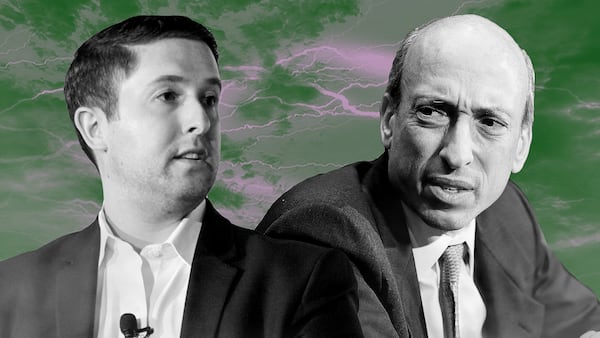- The SEC is likely to reject spot Ethereum ETF applications soon.
- Regulators and policymakers need time to digest the impact of Bitcoin spot ETFs first.
- Approving Ethereum ETFs could also lead regulators down a slippery slope.
Bitcoin exchange-traded funds were only launched in January.
Now, policymakers and regulators are likely to want a lot more time to digest their impact before committing to anything else.
That’s according to Kinga Bosse, chief operating officer at crypto infrastructure firm MPCH.
“Going forward, the question is really, ‘Okay, what did we just do?’” Bosse told DL News.
Now, with a crucial deadline for coming up on May 23, US regulators now must decide on whether to grant the same approval for Ethereum ETFs.
A former global head of strategic investments and partnerships at banking and custodian giant State Street, Bosse said they may fear that approving the Ethereum products would be like “opening a can of worms.”
“Once you do Ethereum, where do you stop?” she said. The crypto industry could then lobby for a Solana ETF, a Chainlink ETF, or even a Dogecoin ETF.
“It’s going to get harder and harder for regulators to push back if they have concerns.”
The Securities and Exchange Commission is expected to either reject or green light all applications at once — though analysts and bettors believe the odds of an approval are low.
Taking advantage of uncertainty
Fear of a slippery slope is one reason Ethereum’s regulatory status is such a sticking point.
Vitalik Buterin ‘has a lot of say about what happens on Ethereum... not necessarily a comforting notion.’
— Kinga Bosse
While the SEC and Commodity Futures Trading Commission both agree that Bitcoin is a commodity — and therefore under the CFTC’s remit — SEC chair Gary Gensler has been cagey about his stance on Ether.
The CFTC, meanwhile, has maintained that Ether is a commodity.
The regulatory uncertainty “gives ammunition to the SEC to push back” on Ethereum ETFs, Bosse said, adding that the agency is unlikely to go forward with the products until the question is settled.
Reasons for uncertainty
But there are more practical reasons for the hesitancy.
Whether it’s Ethereum or Bitcoin, “there is a concern around how these things are really controlled,” Bosse said.
The fact that Ethereum recently underwent a major upgrade — users can now stake Ether to secure the network, and be financially rewarded for it — can be seen as problematic.
After all, who decides which upgrades Ethereum goes through?
Bosse said Ethereum creator Vitalik Buterin “has a lot of say about what happens on Ethereum, so that’s not necessarily a comforting notion.”
And the fact that members of Congress are still wrapping their heads around a digital asset as simple as Bitcoin isn’t making things easier.
“There’s a sliver of policymakers who really understand crypto,” Bosse said. “But a lot more have questions about the effects of crypto on the global landscape. They are very concerned about cryptocurrencies replacing the US dollar.”
The stakes are high
Other jurisdictions — like Hong Kong, Canada, or Singapore — can experiment with new products with little to fear about global ramifications.
But because they are responsible for the leading world economy, US regulators and policymakers don’t have that luxury.
“When the SEC makes the decision, it makes a decision for the entire world market,” Bosse said.
“There’s not a lot of room for error.”
Tom Carreras is a markets correspondent for DL News. Got a tip about Ethereum ETFs? Reach out at tcarreras@dlnews.com







